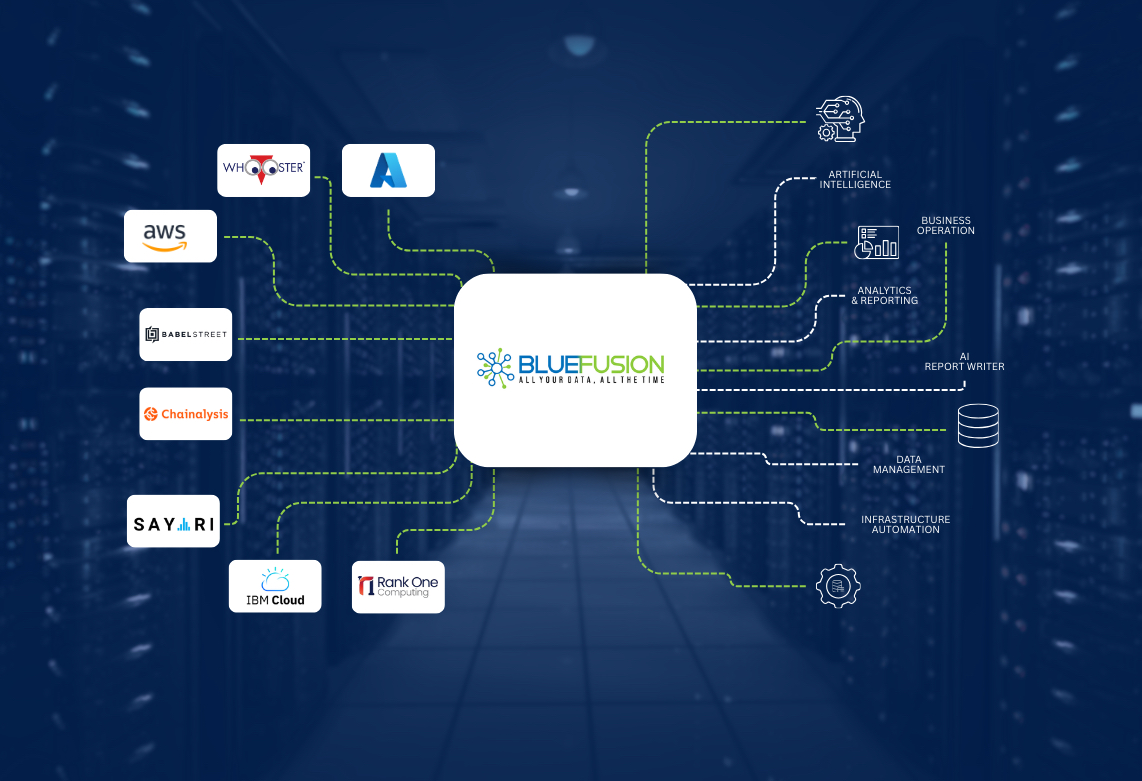Today’s organizations have amassed massive amounts of internal and external data that is not available to all of their consumers or applications due to its location, format, or structure. Creating data hubs provides a convenient solution to address this growing issue.
What is a Data Hub? A Data Hub is an innovative approach to data that creates a centralized architecture that serves as an intermediary between data sources and creators and data consumers. A data hub leverages data orchestration by transmitting data from disparate sources and leveraging tools and technologies to apply data governance processes i.e. data access, data quality and compliance to serve harmonized data to the application or user for analysis or usage. A data hub differs from a data repository as data is not simply stored but processed to add value by increasing data quality, security and de-duplication and can serve data in multiple formats when required.

Blue Fusion takes the Data Hub concept to new levels with its ability to connect to disparate data sources without ETL and in real time. This allows users and applications to remain connected to any, or all of their data sets while leaving them at rest and leverage them with the power of Data Access on Demand pipelines to pull data when necessary. As the hub, Blue Fusion also provides added value to data through its internal data orchestration processes to refine, harmonize, and standardize data for serving to the destination user or application. Its powerful administrative tools provide data governance through the control of user rights, segregation of storage, and the ability to turn on and off connectors.
Blue Fusion also provides significant advantages as Data Hubs are installed on the customer’s premise or their public/private cloud unlike other ETL technologies that require any storage on a 3rd party platform or access by 3rd parties. This provides a level of control and security that consumers require to protect their data and intellectual property.
©2025 All Rights Reserved
Blue Fusion Technologies